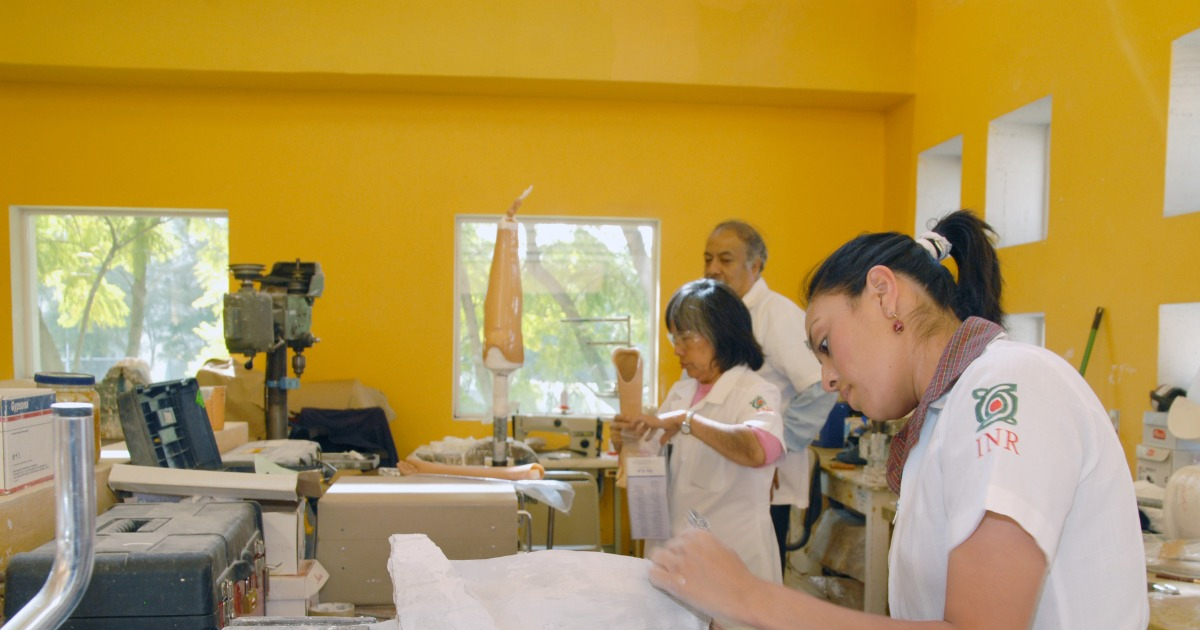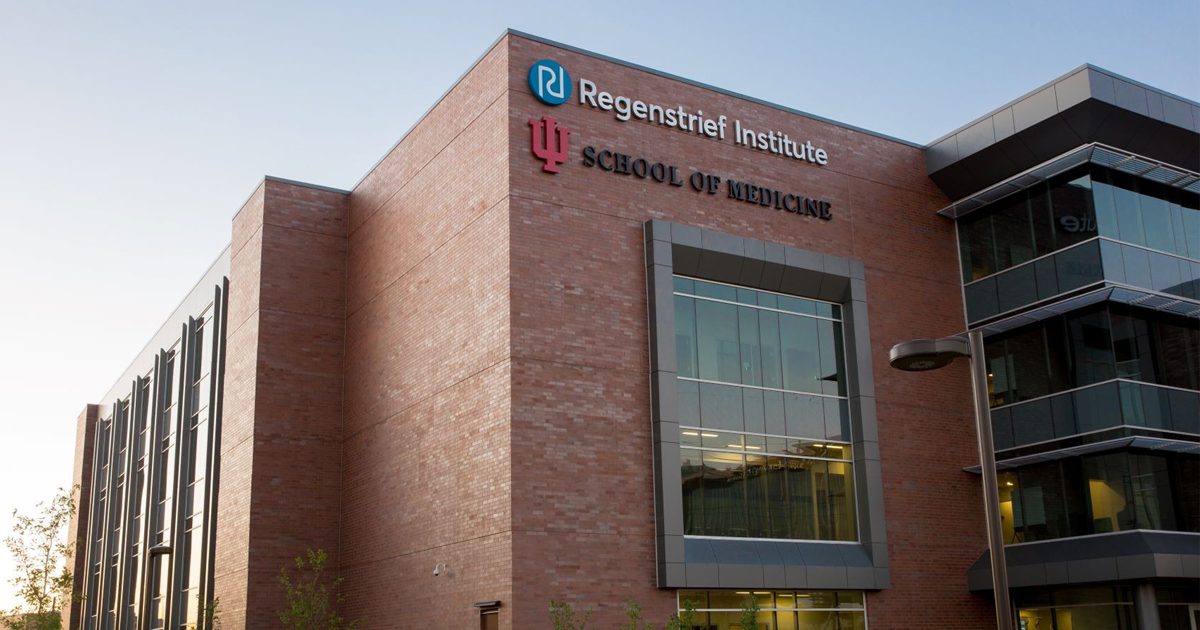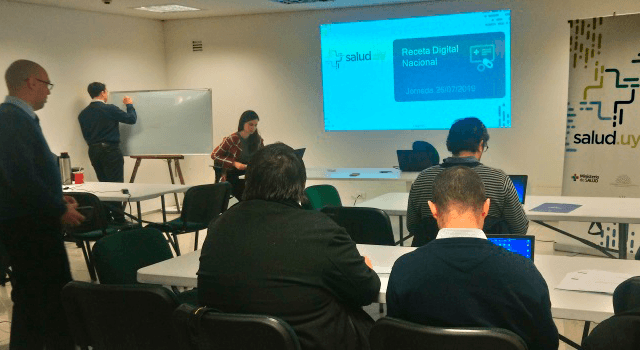The University of Florida Academic Health Center (UF Health) is collaborating with NVIDIA to create the world's largest natural network of synthetic clinical data.
In a partnership with NVIDIA, UF Health is developing a neural network for the generation of synthetic clinical data, an important advance for training AI models in health. This language model, called SynGatorTron, is capable of creating synthetic patient profiles using health record data.
This model has been entered with data that represents information from more than 2 million patients, thus it has more than 5 billion parameters, which makes it the largest clinical language generator in the world.
“The synthetic data is not actually linked to a real human being, but has characteristics similar to those of real patients. SynGatorTron can, for example, create digital diabetes patient health records that have characteristics like a real population,” explained Duane Mitchell, assistant vice president for research and director of the UF Institute for Clinical and Translational Sciences.
This model will facilitate the creation of AI models (machine and deep learning), algorithms, and other tools, since the use of synthetic data eliminates privacy problems with patients. Likewise, it facilitates collaboration between research and health institutions and promotes the use of this type of data to address specific health problems, such as unconventional diseases.

“The synthesis of different types of clinical records will democratize the ability to build all kinds of applications that rely on such data by addressing data scarcity and privacy,” said Mona Flores, global director of medical AI at NVIDIA.
Similarly, SynGatorTron also solves certain problems of underrepresentation, by generating specific data on population groups, disease characteristics and more. "When you have the ability to mimic population characteristics without being tied to real patients, it opens the imagination to see if we can generate realistic data sets that allow us to answer questions that we might not otherwise be able to, due to restrictions on access." to data or limited access, information about patients of interest,” Mitchell said.
Other applications of this solution include clinical trials, development of deep learning models to discover the effects of a drug and its effects on population groups.






